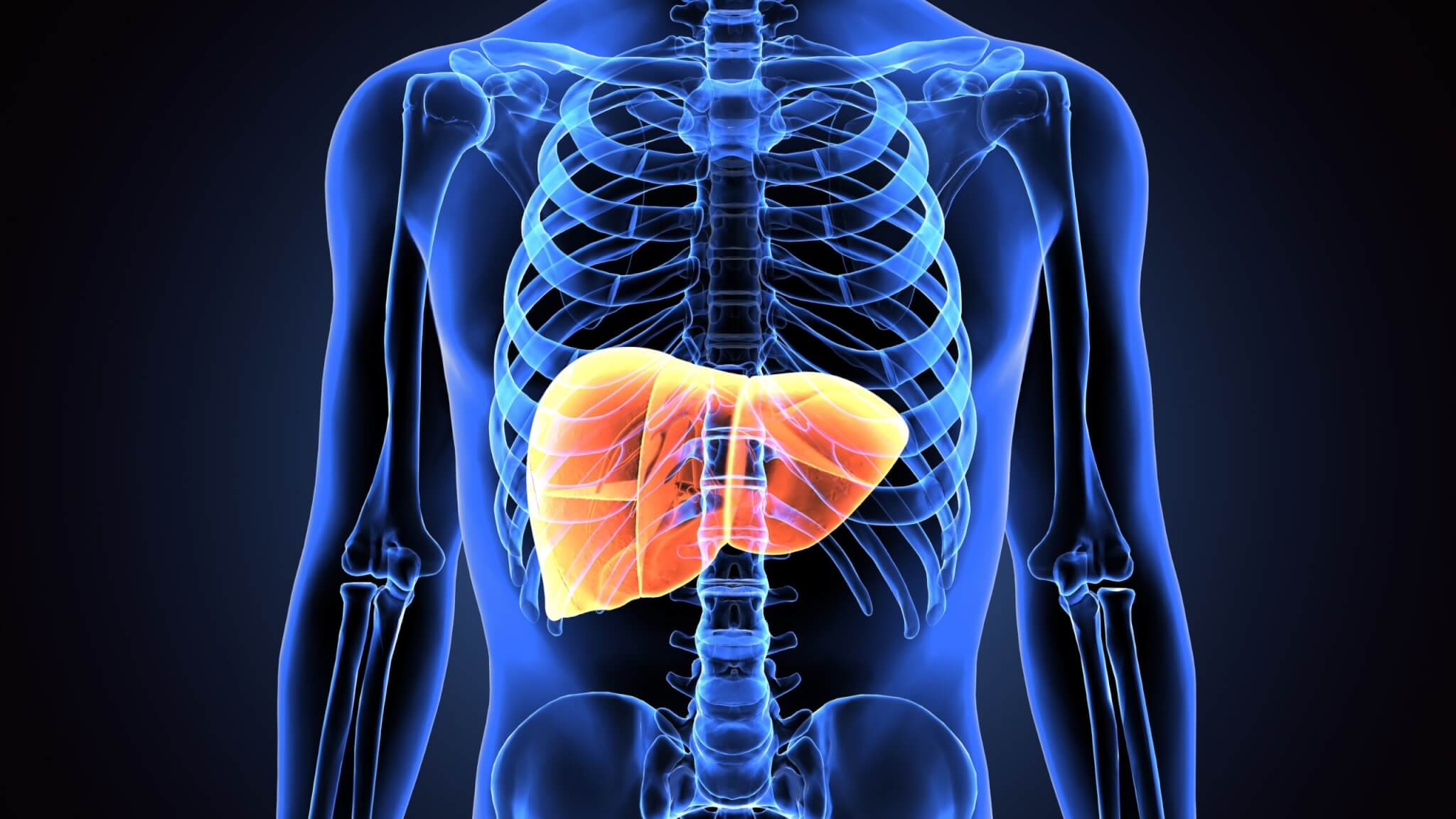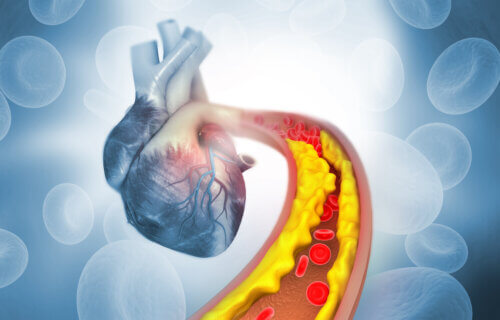STOCKHOLM, Sweden — The liver appears to play a surprisingly crucial role in combatting heart disease. Scientists from the Karolinska Institutet in Sweden reveal that immune cells in the liver, known as Kupffer cells, are critical for removing excess cholesterol from the blood, potentially averting the onset of atherosclerosis — a major cause of heart attacks and strokes.
Cholesterol, while essential for producing hormones and forming cell membranes, can pose a significant risk to cardiovascular health when levels in the blood become too high. Specifically, LDL cholesterol, often referred to as “bad cholesterol,” can build up in the arteries, forming plaques that restrict or block blood flow. This condition, known as atherosclerotic cardiovascular disease, stands as the leading cause of death worldwide.
To explore how the body reacts to sudden spikes in cholesterol, researchers devised an experiment that effectively set off a “cholesterol bomb” in mice, rapidly increasing their blood cholesterol levels.
“We found that the liver responded almost immediately and removed some of the excess cholesterol,” says study lead author Stephen Malin, at the Department of Medicine, Solna, Karolinska Institutet, in a media release.

Interestingly, the response came not from the liver’s typical cells but from Kupffer cells. These immune cells are tasked with identifying and eliminating harmful substances, including excess cholesterol. The findings in mice were further supported by observations in human tissue samples, highlighting a universal biological response.
“We were surprised to see that the liver seems to be the first line of defense against excess cholesterol and that the Kupffer cells were the ones doing the job,” notes Malin. “This shows that the liver immune system is an active player in regulating cholesterol levels, and suggests that atherosclerosis is a systemic disease that affects multiple organs and not just the arteries.”
This research opens new avenues for understanding the complex interplay between the liver, cholesterol, and cardiovascular health. By shedding light on how various organs respond to and manage high cholesterol levels, the team at Karolinska Institutet hopes to develop more comprehensive and effective strategies for preventing or treating both cardiovascular and liver diseases.
“Our next step is to look at how other organs respond to excess cholesterol, and how they interact with the liver and the blood vessels in atherosclerosis,” explains Malin. “This could help us develop more holistic and effective strategies to combat this common and deadly disease.”
The study, published in the journal Nature Cardiovascular Research, received funding from the Swedish Heart-Lung Foundation, the Leducq Foundation Networks of Excellence Program B cells in Cardiovascular Disease, the EU’s Seventh Framework Program FP7, The Swedish Research Council, and the Marie Skłodowska-Curie Actions Award.
Understanding the Dangers of High Cholesterol
High cholesterol is a silent threat that lurks in the bloodstream, often going unnoticed until it leads to serious health complications. This condition affects millions globally and is a major risk factor for some of the leading causes of death, including heart disease and stroke. Understanding the dangers of high cholesterol is crucial for taking steps to protect your heart health and overall wellbeing.
Cholesterol is a waxy, fat-like substance found in all cells of the body. It’s essential for producing hormones, vitamin D, and substances that help digest foods. Our body produces all the cholesterol it needs, but we also get cholesterol from animal-based foods we eat, such as meat and dairy products.
There are two main types of cholesterol:
- LDL (Low-Density Lipoprotein): Often dubbed “bad” cholesterol, LDL carries cholesterol particles throughout your body. LDL cholesterol builds up in the walls of your arteries, making them hard and narrow.
- HDL (High-Density Lipoprotein): Known as “good” cholesterol, HDL picks up excess cholesterol and takes it back to your liver for removal from the body. A higher level of HDL cholesterol is associated with a lower risk of heart disease.
High cholesterol itself doesn’t cause any symptoms; however, it significantly increases the risk of developing cardiovascular diseases. Here’s how:
- Atherosclerosis: This condition is characterized by the buildup of fats, cholesterol, and other substances on your artery walls (plaques), which can restrict blood flow. These plaques can burst, causing a blood clot.
- Heart Attack: If a plaque ruptures and forms a clot that blocks an artery feeding the heart, it can result in a heart attack.
- Stroke: Similarly, if a clot blocks a blood vessel feeding the brain, it can lead to a stroke.
Risk Factors That Lead to High Cholesterol
- Poor diet: Consuming high amounts of saturated fat and trans fats can elevate your LDL cholesterol.
- Obesity: A body mass index (BMI) of 30 or higher puts you at risk.
- Lack of exercise: Regular exercise helps boost your body’s HDL, or “good,” cholesterol.
- Smoking: Cigarette smoking damages the walls of your blood vessels, making them more prone to accumulating fatty deposits.
- Age: As you age, your liver becomes less able to remove LDL cholesterol.
- Family history: If high cholesterol runs in your family, you may be at higher risk.
The good news is that high cholesterol can often be prevented and managed with lifestyle changes and, when necessary, medication. Here are some tips to keep your cholesterol levels in check:
- Eat a heart-healthy diet: Focus on foods rich in omega-3 fatty acids, fiber, and ‘good’ fats, such as avocados, nuts, and olive oil.
- Exercise regularly: Aim for at least 30 minutes of moderate exercise most days of the week.
- Quit smoking: Quitting smoking can improve your HDL cholesterol level.
- Maintain a healthy weight: Losing weight can help lower your LDL and increase your HDL cholesterol levels.
- Regular check-ups: Regular screening for cholesterol levels can help catch high cholesterol early and allow for timely intervention.
